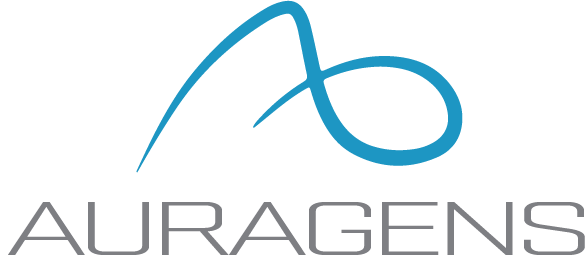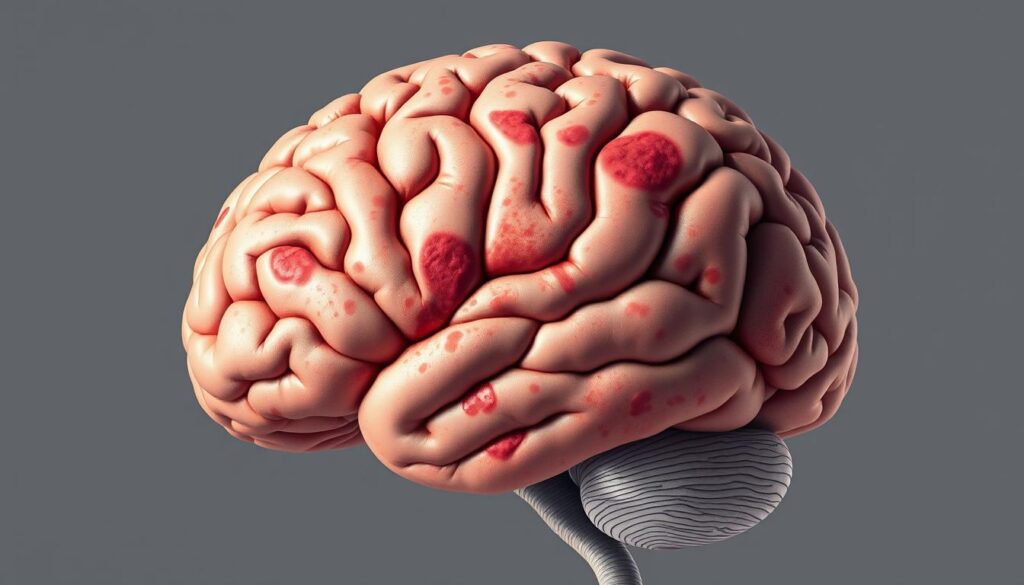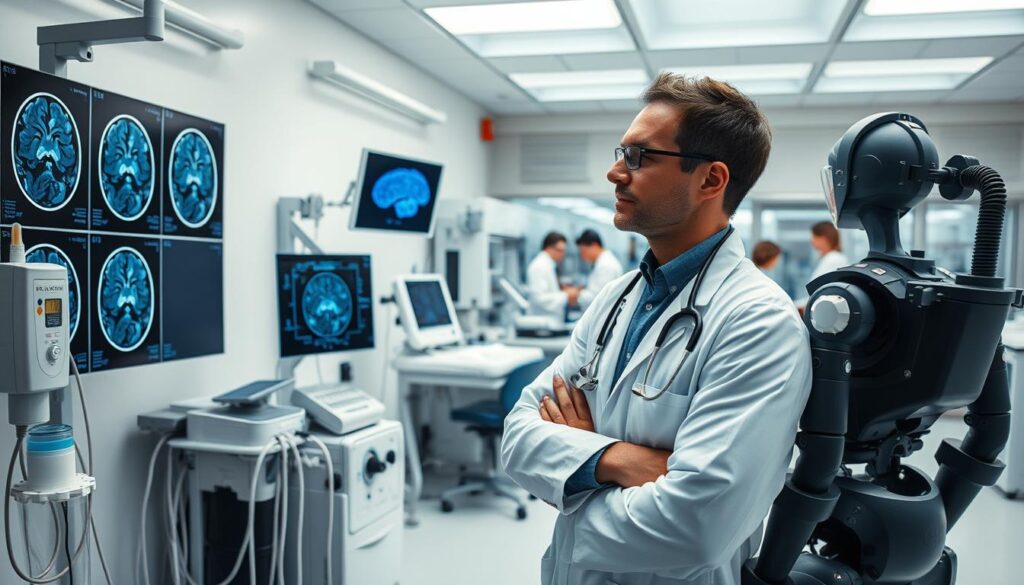
Muhammad Ali at the 1996 Atlanta Olympics
Parkinson’s Disease is a chronic and progressive neurodegenerative disorder that primarily affects movement. It is caused by the loss of dopamine-producing neurons in the substantia nigra, a region of the brain that controls movement. Symptoms of Parkinson’s include tremors, rigidity, bradykinesia (slowness of movement), and postural instability. Non-motor symptoms, such as cognitive decline, mood disorders, and autonomic dysfunction, can also occur.
Many well-known individuals have been afflicted with Parkinson’s Disease, bringing greater public awareness to the condition. Among them is Muhammad Ali, the legendary boxer, who was diagnosed with Parkinson’s in 1984, and actor Michael J. Fox, who was diagnosed in 1991 at the age of 29.
According to the Parkinson’s Foundation, over 10 million people worldwide are living with Parkinson’s Disease. In the United States alone, nearly one million people are affected, with approximately 60,000 new cases diagnosed each year. The prevalence of Parkinson’s increases with age, making it a significant public health concern as populations continue to age globally.
As there is no known “cure” we seek to help provide a better quality of life and we will discuss the how below:

A Beacon of Hope for Parkinson’s Disease
As mentioned above, Parkinson’s disease is a progressive neurodegenerative disorder affecting millions worldwide and has long been a challenge for medical science. However, MSCs from umbilical cords are showing remarkable promise in treating this debilitating condition. Here’s how:
-
Neuroprotection: These stem cells secrete factors that protect neurons from degeneration, potentially slowing the disease’s progression. A study demonstrated that intranasal administration of hUC-MSCs significantly alleviated locomotor deficits and rescued dopaminergic neurons in a Parkinson’s disease mouse model by inhibiting neuroinflammation (Sun et al., 2022).
-
Anti-inflammatory Effects: By mitigating brain inflammation associated with Parkinson’s, hUC-MSCs may help reduce further neuronal damage. The same study indicated that hUC-MSCs altered gut microbiota composition and reduced levels of inflammatory markers such as TNF-α and IL-6, contributing to their neuroprotective role (Sun et al., 2022).
-
Neurogenesis: The ability of hUC-MSCs to differentiate into various cell types, including neurons, could significantly improve motor functions and quality of life for patients. Another study found that hUC-MSC-derived dopaminergic neurons, when transplanted into Parkinsonian rats, survived, reduced apoptosis, and improved motor function (Aliaghaei et al., 2016).
-
Immunomodulation: By modulating the immune response, hUC-MSCs help maintain a healthier neural environment, contributing to long-term benefits. A review highlighted hUC-MSCs’ potential as a multitarget disease-modifying therapy for Parkinson’s disease due to their immunomodulatory properties (Mitchell, 2023).

Boosting Cognitive Function with hUC-MSCs
As we age, cognitive decline becomes a growing concern. hUC- MSC therapy offers hope in this area as well:
-
Enhanced Synaptic Plasticity: MSCs promote the brain’s ability to form new connections, crucial for learning and memory. The neuroprotective effects of MSCs can enhance cognitive functions by improving synaptic plasticity.
-
Reduced Oxidative Stress: By improving mitochondrial function and reducing oxidative stress, MSCs enhance overall neuronal health and cognitive performance.
-
Hippocampal Neurogenesis: Promoting new neuron growth in the hippocampus can lead to significant improvements in memory and cognitive functions.
-
Anti-apoptotic Effects: MSCs help prevent programmed cell death in neurons, preserving brain function and cognitive abilities. Exosomes derived from UC-MSCs were shown to induce autophagy, protect dopaminergic neurons, and traverse the blood-brain barrier, indicating their potential for cognitive enhancement and Parkinson’s disease treatment (Chen et al., 2020).








